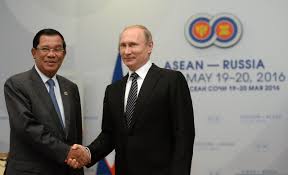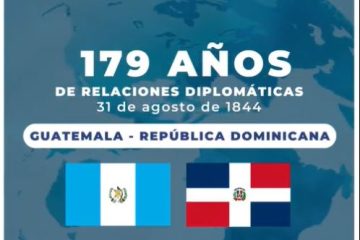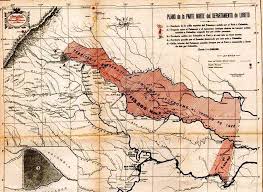Vladimir Putin: Understanding His Role in Current Global Affairs

Introduction
Vladimir Putin, the President of Russia, remains one of the most pivotal figures in contemporary global politics. His leadership has significant implications for international relations, security, and economic policies. As tensions rise in various regions, understanding Putin’s actions and motivations is crucial for analyzing the current geopolitical landscape.
Recent Events and Developments
In recent months, Putin has been primarily focused on the ongoing military conflict in Ukraine, which began in early 2022. Despite international sanctions and diplomatic isolation, the Kremlin has shown resilience and adaptability. In a recent speech, Putin reiterated his commitment to what he calls a ‘special military operation,’ claiming it is essential for Russia’s national security and sovereignty.
Moreover, the ongoing conflict has led to increased military cooperation between Russia and China, highlighted by joint military exercises and economic partnerships. Such developments signal a shift in global alliances and pose challenges to Western influence.
Additionally, Putin has been actively involved in fostering ties with various nations in Africa and Latin America, seeking strategic partnerships that could counterbalance Western sanctions. His participation in forums like the Russia-Africa Summit illustrates his intent to enhance Russia’s presence in these influential regions.
Conclusion
The implications of Vladimir Putin’s policies are significant for both regional stability and global order. As Russia continues to assert its influence, it is likely that tensions will persist, particularly with Western nations. Analysts suggest that as long as Putin remains in power, the geopolitical landscape will be marked by his strategic maneuvers, creating an increasingly complex scenario for international relations. Readers must stay informed about these developments, as they could have far-reaching effects on global peace and security.







